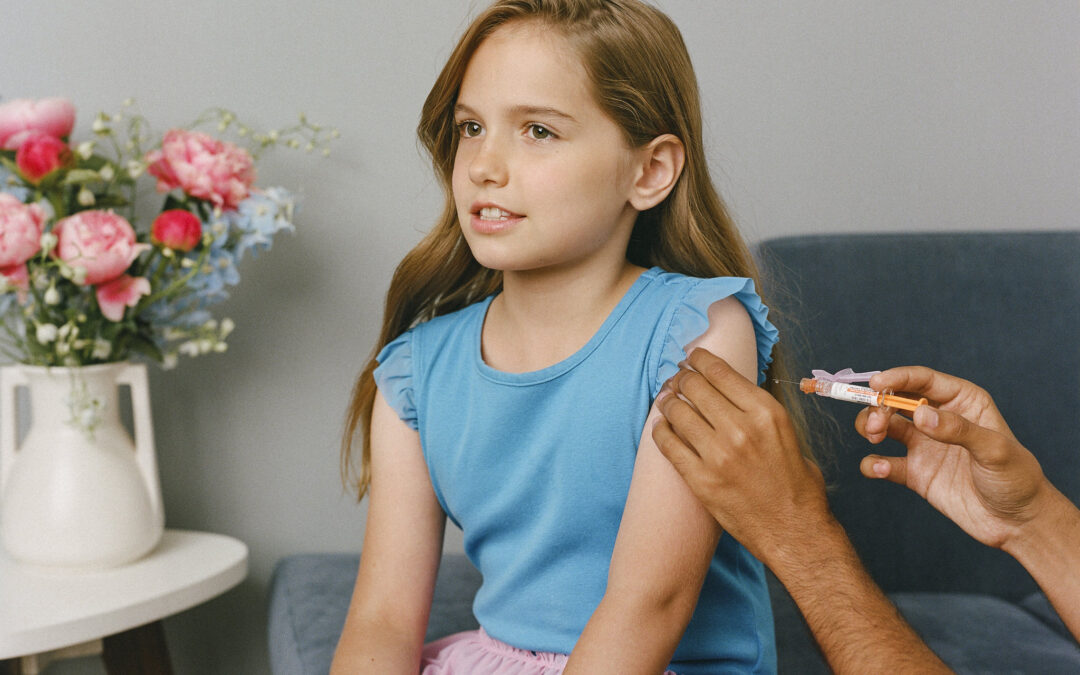Poland will begin vaccinating children aged five years and above against COVID-19 on 13 December, the government has announced. The health and education ministers have sent parents a letter encouraging them to register their children for the jab, citing scientific evidence for its safety.
Children aged 12 and above have been able to receive Pfizer vaccines since June, and 1.6 million have already done so. Pfizer jabs will now be offered to those aged five to 11, deputy health minister Waldemar Kraska announced in parliament.
Over a third of eligible school pupils in Poland have received Covid vaccines since those aged 12+ were allowed to start registering in June.
This month schools began organising vaccination drives following the return of children after the holidays https://t.co/WnSe2XpC6f pic.twitter.com/9qDz69a8kH
— Notes from Poland 🇵🇱 (@notesfrompoland) September 15, 2021
Since the start of the pandemic, nearly 28,500 children up to 10 years of age and 35,000 children and adolescents between 11 and 20 years have been infected with coronavirus in Poland, according to official data.
During the first two weeks of November – as Covid infections surged – nearly 500 children, with an average age of six, were admitted to hospitals with severe forms of COVID-19.
In a joint letter, the health and education ministers – Adam Niedzielski and Przemysław Czarnek – encouraged parents and guardians of soon-to-be-eligible children to sign them up for the vaccine. The letter was sent to school headteachers, who will be responsible for its distribution.
“Vaccines are not only effective protection but also a chance to continue school education throughout the year,” said the letter. It noted that vaccinated school pupils and preschoolers will not be required to quarantine for 10 days when a case of COVID-19 is detected in their class.
As of yesterday, due to coronavirus outbreaks 24% of primary schools and 20% of secondary schools have had to switch to full or partial online learning, according to education ministry data.
In their letter, the ministers also said that adverse reactions after vaccination in children aged from 12 to 17 years had only occurred in 0.02% of cases and were “mostly mild”. They cited “scientific data that prove the effectiveness and safety of the vaccine in the youngest” and urged parents to make “fully informed” decisions.
During his speech in parliament, Kraska also said that Poland would introduce access to free testing which will not automatically result in people being quarantined if they get a positive result. He said that such a model was “very beneficial”.
“I think it is also very important that we can test people who even now have no symptoms but suspect that they have had contact with someone who was or is infected,” he said.
While Poland’s vaccine rollout initially proceeded at a similar pace to the European Union average, it has since the summer fallen significantly behind. Currently, around 54% of people in Poland are fully vaccinated, compared to 67% across the EU as a whole.
Main image credit: Self Magazine/Flickr (under CC BY 2.0)

Maria Wilczek is deputy editor of Notes from Poland. She is a regular writer for The Times, The Economist and Al Jazeera English, and has also featured in Foreign Policy, Politico Europe, The Spectator and Gazeta Wyborcza.




















